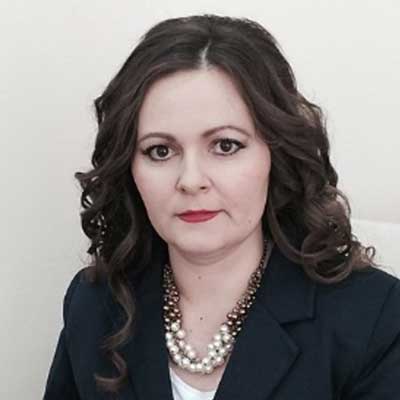Relevant discourse
On introducing the 30% quota for women in local and national parliament:
“It was a long fight. (…) When my colleague and I put in place these proposals to secure the presence of women in parliament (…), we proposed that every third woman be on party lists, not every fourth, and that should a woman leave her position, another woman would take her place. The law foresees a certain percentage of women in such positions, and yet we previously did not comply with it. Thus, there had to be an amendment, and this was quite a logical step, namely that the existing law had to be reinforced and amended. We were met with tremendous resistance from men: I remember that out of our committee that consisted of about 12 members, only one man voted in favor of this legislation and supported our initiative. In the first parliamentary convocation on this legislation, no one bothered to speak up, except for members of my party. Finally, after the sixth convocation, we succeeded in making these changes to our electoral legislation and implementing this provision, which will take effect from 2020. We hope that the number of women in parliament will therefore increase, so now every third woman on party lists will be in parliament.”
On the idea of women leading politics in Kyrgyzstan and CdM member Roza Otunbayeva, Ex- President of Kyrgyzstan:
“Well the concept of matriarchy in Kyrgyzstan has ancient roots, and I think that with women in power, we would achieve great results. In this regard, I remember Roza Otunbayeva, when she became our first woman president, we were very proud to have her in this position, not just due to gender representation, but for finally having a worthy representation of our country on the international stage reflecting laudable internal governance within our country. A parliament that actually operated as such, with strong leaders, a system of checks and balances, an active opposition and coalition in place, headed by a president who remained within the constitutional framework without attempting, to invade other spheres of government action or engage in usurpation. This was a good experience for our country (…), which offers me an optimistic idea of what the effect would be, if more accomplished, professional women would rise to leading positions. Therefore, us women MPs are trying to do something about that, through frankly speaking, resistance.”


